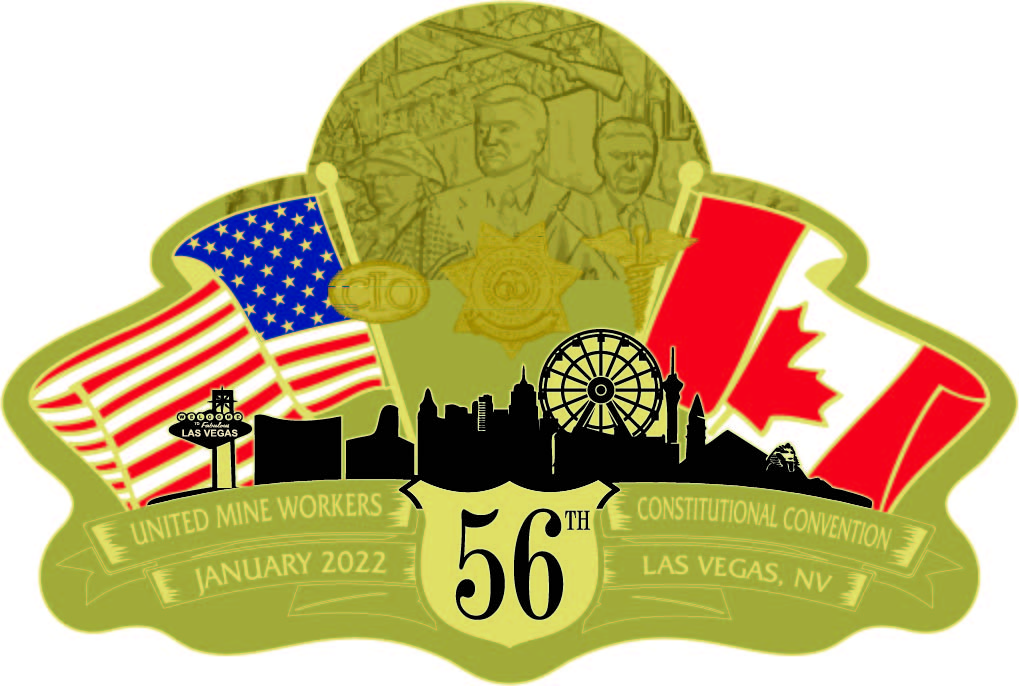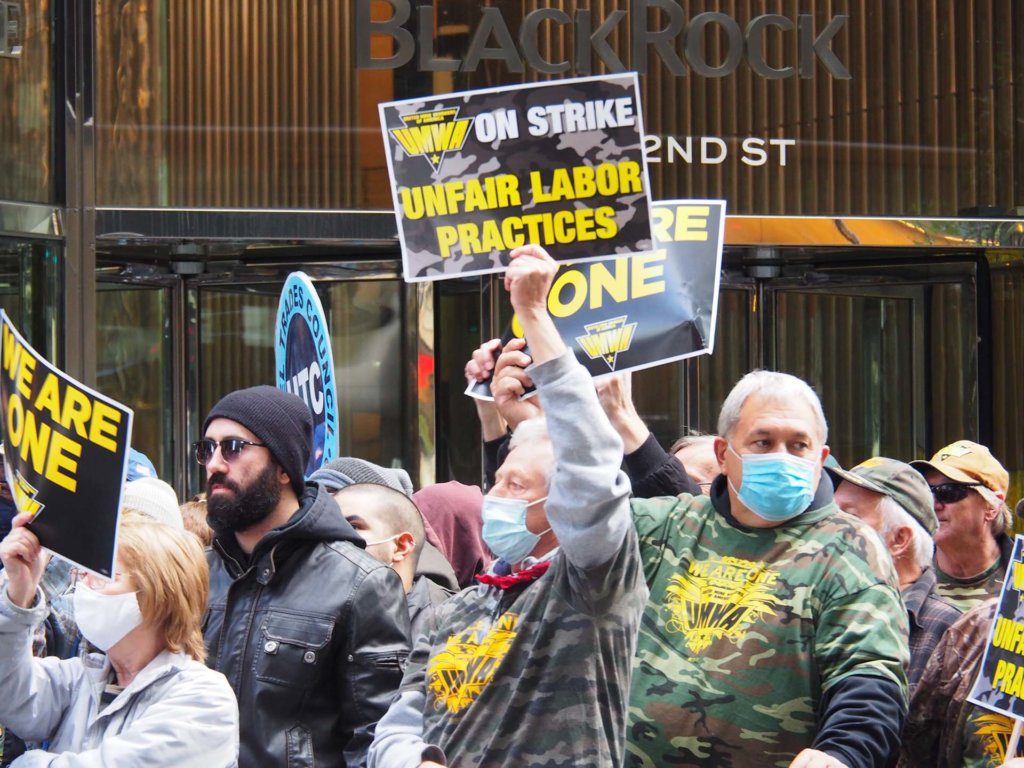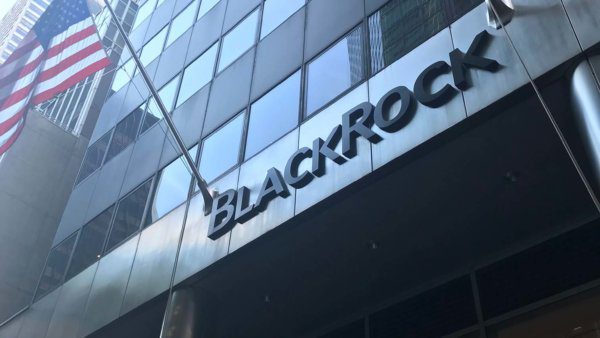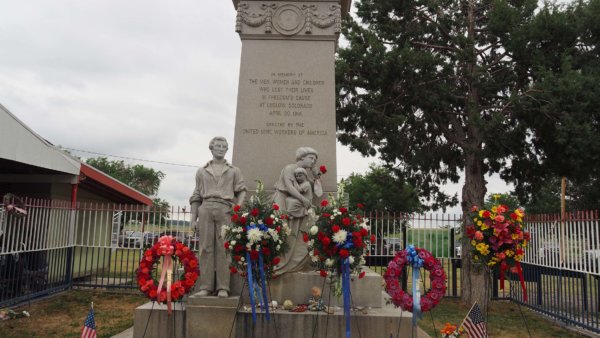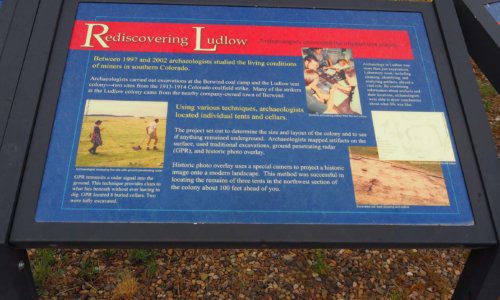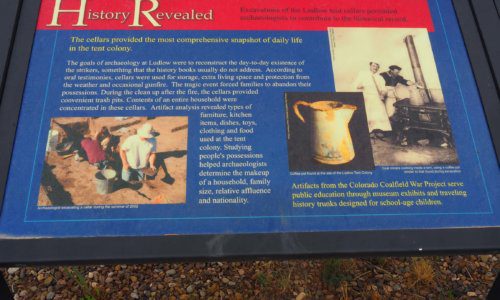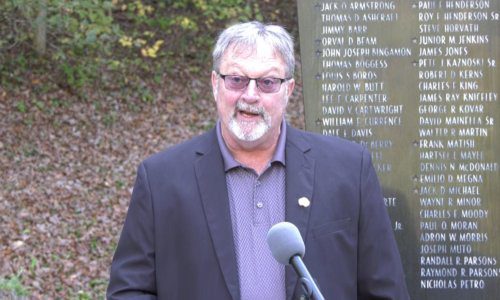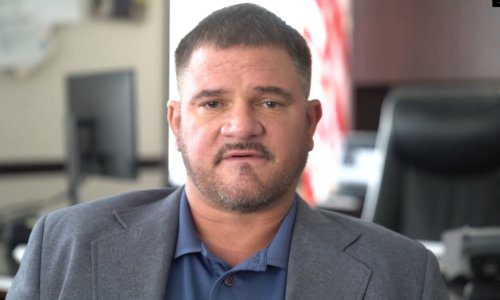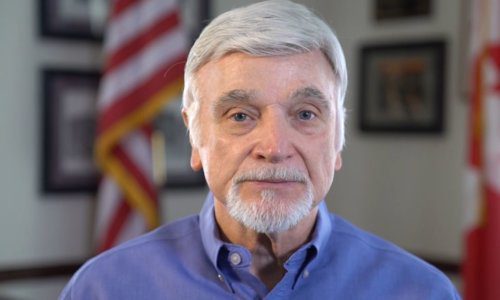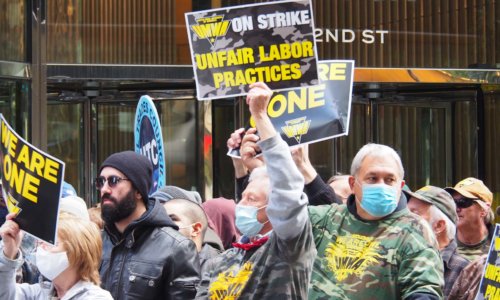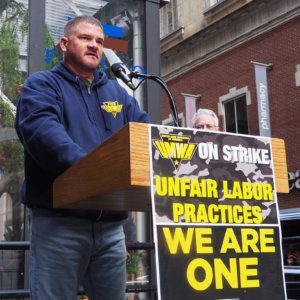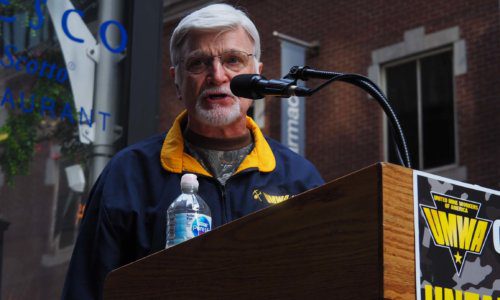Source: New York Times
December 8, 2021
For years, environmentalists have sought compromises with labor unions in industries reliant on fossil fuels, aware that one of the biggest obstacles to cutting carbon emissions is opposition from the unions’ members.
States like Washington, New York, and Illinois have enacted renewable-energy laws that were backed by unions representing workers who build and maintain traditional power plants. And unions for electricians and steelworkers are rallying behind President Biden’s climate and social policy legislation, now in the Senate’s hands.
But at least one group of workers appears far less enthusiastic about the deal-making: coal workers, who continue to regard clean-energy jobs as a major risk to their standard of living.
“It’s definitely going to pay less, not have our insurance,” Gary Campbell, a heavy-equipment operator at a coal mine in West Virginia, said of wind and solar jobs. “We see windmills around us everywhere. They’re up, then everybody disappears. It’s not consistent.”
Mr. Biden has sought to address the concerns about pay with subsidies that provide incentives for wind and solar projects to offer union-scale wages. His bill includes billions in aid, training money, and redevelopment funds that will help coal communities.
But Phil Smith, the top lobbyist for the United Mine Workers of America, said a general skepticism toward promises of economic relief was nonetheless widespread among his members. “We’ve heard the same things over and over and over again going back to J.F.K.,” Mr. Smith said. The union has been pointedly mum on the current version of Mr. Biden’s bill, which the president is calling Build Back Better.
Unfortunately for Mr. Biden, this skepticism has threatened to undermine his efforts on climate change. While there are fewer than 50,000 unionized coal miners in the country, compared with the millions of industrial and construction workers who belong to unions, miners have long punched above their weight thanks to their concentration in election battleground states like Pennsylvania or states with powerful senators, like Joe Manchin III of West Virginia.
When Mr. Manchin, a Democrat and one of the chamber’s swing votes, came out against Mr. Biden’s $150 billion clean electricity program in October, his move effectively killed what many environmentalists considered the most critical component of the president’s climate agenda. The miners’ union applauded.
And Mr. Manchin and his constituents will continue to exert outsize influence over climate policy. Mr. Biden’s roughly $2 trillion bill includes about $550 billion in spending on green technology and infrastructure. Even if the bill passes largely intact, most experts say future government action will be necessary to stave off the catastrophic effects of global warming.
All of that has raised the stakes for courting coal miners.
“Our guiding principle is the belief that we don’t have to choose between good jobs and a clean environment,” said Jason Walsh, the executive director of the BlueGreen Alliance, which has united labor and environmental groups to marshal support for initiatives like Mr. Biden’s. “But our ability to continue to articulate that belief with a straight face depends on the policy choices we make.”
“Coal miners,” he added, “are at the center of that.”
It is impossible to explain mine workers’ jaundiced view of Mr. Biden’s agenda without appreciating their heightened economic vulnerability: Unlike the carpenters and electricians who work at power plants but could apply their skills to renewable-energy projects, many miners are unlikely to find jobs on wind and solar farms that resemble their current work. (Some, like equipment operators, have more transferable skills.)
It is also difficult to overstate the political gamesmanship that has shaped the discourse on miners. In her 2016 presidential campaign, Hillary Clinton proposed spending $30 billion on economic aid for coal country. But a verbal miscue — “We’re going to put a lot of coal miners and coal companies out of business,” she said while discussing her proposal at a town hall — allowed opponents to portray her as waging a “war on coal.”
“It is a politicized situation in which one political party that’s increasingly captured by industry benefits from the status quo by perpetuating this rhetoric,” said Matto Mildenberger, a political scientist at the University of California, Santa Barbara, who studiesthe politics of climate policy.
And then there is Mr. Manchin, a complicated political figure who is among the Senate’s leading recipients of campaign money from the fossil fuel industry.
Mr. Manchin has sometimes resisted provisions favored by the miners’ union, such as wage-replacement payments to coal workers who must accept a lower-paying job. “At the end of the day, it wasn’t something he was interested in doing,” said Mr. Smith, the union’s lobbyist. A spokeswoman for Mr. Manchin declined to comment.
Yet in other ways Mr. Manchin has channeled his constituents’ feelings well, suggesting that he might be more enthusiastic about renewable-energy legislation if they were.
At a forum in the spring, he talked about the tendency to forget coal miners — “We feel like the returning Vietnam veteran,” he said — and questioned the proposed trade of “the traditional jobs we’re about to lose, for the transitional jobs that I’m not sure are going to be there.”
In interviews, coal workers said they were skeptical that Mr. Biden’s spending plan would ultimately benefit them. Mr. Campbell, a recording secretary for his union local, said he would be pleased if an electric-vehicle battery plant opened in West Virginia under a manufacturing tax credit pending in Congress.
But he doubted it would happen. “Until something gets done, I don’t want to jump on anyone’s coattail,” he said. “We’ve had a lot of promises, that’s about it.”
Dustin Tingley, an expert on public opinion on climate policy at Harvard University, said that while investments in green technology were popular among the general public, many coal country residents simply didn’t believe these investments would produce jobs in their communities over the long term.
“If you’re some 35-year-old, 40-year-old worker in fossil fuels thinking about transitioning to some new industry, you need to have the expectation that the jobs will actually be around,” Dr. Tingley said.
The clean-energy bill that Illinois passed in September illustrates the tension. The legislation allocated hundreds of millions of dollars to accelerate the transition from fossil fuels to renewable energy and ensures that construction workers will receive union-scale wages on most non-residential projects. It also includes tens of millions of dollars for worker training.
But Doris Turner, a Democratic state senator from central Illinois whose district includes a coal-powered plant and mine workers, said she had voted “present” rather than “yea” on the bill because of lingering concerns about workers.
Ms. Turner, a first-term senator who helped win a concession to extend the life of the local coal plant, said she sometimes felt like the Joe Manchin of Illinois. “I’m trying to build relationships with new colleagues, and all of a sudden here we are with this energy legislation and I’m like, ‘I can’t do that,’” Ms. Turner said. “Nobody was very rude, but I could hear sighs.”
Pat Devaney, the secretary-treasurer of the Illinois A.F.L.-C.I.O., who was involved in negotiating the bill, said coal workers presented the most vexing policy dilemma.
“That one is a little bit tougher of a nut to crack,” he said, adding that the A.F.L.-C.I.O. and other labor groups would continue to push for proposals like health benefits and lost-wage compensation for displaced workers, programs that didn’t make it into the recently enacted Illinois law.
Such delays in economic relief are typical and have heightened miners’ opposition to clean-energy legislation, said Heidi Binko, executive director of the Just Transition Fund, a nonprofit group focused on growing local economies hit hard by the decline of fossil fuels.
Ms. Binko cited the example of the Obama administration, which in 2014 proposed an ambitious regulatory effort to reduce carbon emissions that appeared likely to accelerate the closing of coal-fired plants. The administration later unveiled an economic development package for coal country — after voters there had already become alarmed.
“It would have been received so differently if first, the administration had done something to help the people left behind,” Ms. Binko said.
Private philanthropists have often reinforced the problem, Ms. Binko said, by spending millions on campaigns to shut down coal plants, but little on economic development that would ease the political opposition to renewable energy in states like West Virginia.
Carrie Doyle, a senior fellow in the environment program of the William and Flora Hewlett Foundation, which makes grants to organizations working on climate change, said philanthropists were only beginning to address the shortfall in funding for economic development.
“It feels like it should have been put into place a while ago,” Ms. Doyle said. “Some of that funding is happening now, but it needs to scale.”
While such efforts will come too late to ease the passage of Mr. Biden’s climate legislation, they could be essential to ensuring that renewable energy remains politically viable.
Some scholars point to international trade as a cautionary tale. In the 1990s and 2000s, Congress approved multiple trade deals. Economists argued, as they do on renewable energy today, that the benefits to the country would far outweigh the costs, which would be concentrated among a small group of workers who could be compensated for their losses, or find new jobs for similar pay.
But the failure to ease the economic blow to manufacturing workers, who many economists now concede were devastated by greater trade with China, helped unravel political support for free trade. In 2016, both major presidential nominees campaigned against the 12-nation trade pact that the Obama administration had spent years negotiating.
If displaced fossil fuel workers go through a comparable experience, these scholars say, the political effects could be similar, unraveling support for climate policies.
“There are lessons to be learned from that experience,” said Dr. Tingley, speaking of the fallout from trade. Among them, he added, “was just recognizing how hard it is to pivot, given where people are in life.”
Written By Noam Scheiber
